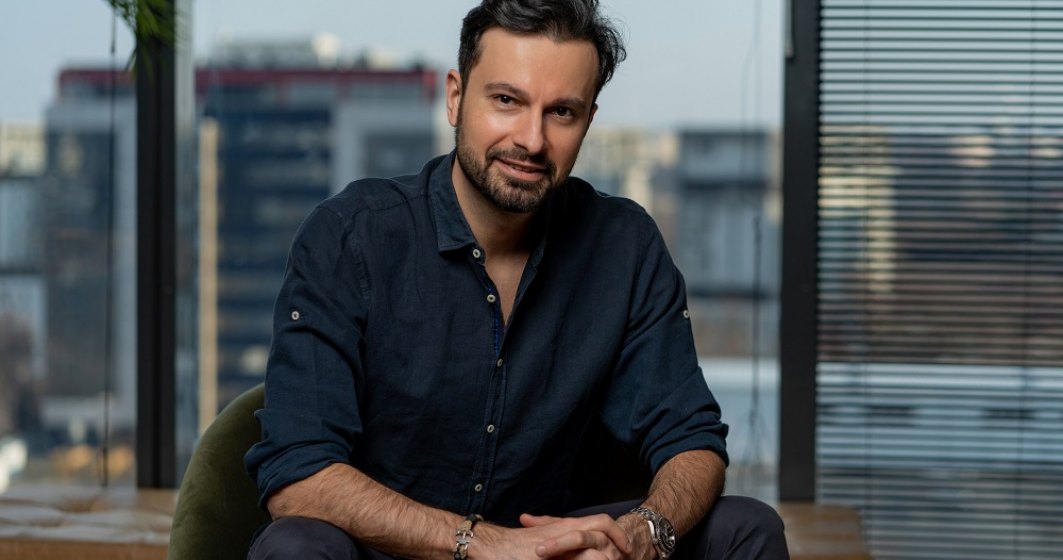I remember that Monday morning, furrowed by the rays of the sun slipping through the skyscrapers, in one of the largest metropolises of Asia. A monochrome and silent swarm of people pours out of the mouth of the subway, people dressed in unison, moving hurriedly and orderly to precise destinations.
We infiltrate the stream, to our meeting with one of the biggest tech companies, a Google of Asia, potential investor, our host being the CEO of the Overseas Investments division.
The edu-tech project we were presenting had innovative, unique and scalable capabilities. I had a good pitch, arguments and solid numbers. The talk and demo went very well, in a relaxed atmosphere, with friendly questions and comments, obviously culture-specific, but well-targeted and always with a precise aim.
The figures, however, did not seem convincing enough and there was a sense of reluctance there. Our forecasted revenues reached 32 million euros in 3 years. Had we been too optimistic? They listened attentively, their eyes fixed on the tables and charts on the screens, thanking us nicely for the clarifications. Then the big boss cleared his throat, preparing to speak.
What followed completely changed my perspective. I could have sworn they were in the right paradigm, with the sharpest version of the product and an ambitious enough project outlook. I was wrong.
The Japanese chief's message came in a calm and optimistic tone. Our numbers were too small. They wanted projects with high potential and impact, visible globally. Then came the real bombshell. The platform is innovative, solves a huge problem in the market, and he personally saw its potential significantly higher than we did. He did not believe in revenues of 32 million, but of 300 million euros. The market momentum was good, it needed to be accelerated and grown quickly. Our vision and business plan had to be redone, reset. At that forecast level, the Japanese giant wanted to consider an investment in the platform.
For me, that point was a reset. I was thinking small, with a more local mindset, for a product that could revolutionize an industry. We needed to reinvent ourselves. The scalability was there, we just had to see it and build it into the strategy, the platform development, the operating model, the velocity. It was that kind of moment when you know you have the tool to conquer the world, but you only looked in the backyard.
The meeting a few years ago made it clear that we had only seen a fraction of the potential. Our innovative project, started only 3 months ago, already needed a reinvention.
Success is about differentiation, innovation through solutions that solve new problems or better solve known problems. Continuous reinvention is a hygiene factor for business, in a super-connected global world, where customer access to products and services is easier and more transparent than ever, and entry barriers sometimes tend to zero.
In reality, reinvention as such will not be enough. After the meeting in Tokyo we finally received a proposal, but under a formula that we were not prepared to consider at the time. If we had started down that road, however, we would have had to overcome a complex series of challenges related to operational and effective management. We would not have had this luxury of time, and then we would most likely have automated the company, precisely so as not to sacrifice the focus on innovation.
Ambitious goals come with massive backlogs of tasks and put pressure on all key areas of the operating model. There are dozens of critical points where problems and vulnerabilities can occur. Most companies suffer from this operational overload, with a plethora of effort-intensive, non-core-business but necessary processes that sabotage agility and competitiveness. And thus, the need for innovation turns into a desire, and then into a "nice to have" activity for when there is time. I mean never.
Continuous reinvention is essential, but it doesn't happen overnight. It comes with a certain cyclicality. It requires focus and time, which companies don't have. RPA (Robotic Process Automation) automation is a handy solution to relieve businesses from the burden of repetitive tasks. It offers a unique chance to free up such valuable human resources and use them in critical, strategic areas.
Automation through RPA means those software bots that do exactly what human users do. They just do it faster, better and non-stop. It is an opportunity not only for business efficiency, but also through the prism of the chance it offers, that of freeing such valuable human resources and using them in more critical, more strategic areas. Success is never guaranteed, but this way we can significantly increase the odds in our favor.
RPA-type implementations are now accessible to all companies, of any size, and in the coming years there will be increasing differences between automated and "manual" companies, and the perspective of the latter does not look rosy, as there will always be this burden from the point of view of view of productivity and competitiveness. On the principle of "Automate now, customize later" it is important to start and quickly take advantage of the benefits of automation, because optimizations and adjustments will be made along the way. The companies of the future will be automated.
How each automation company decides to invest its extra capacity of time and resources depends on the objectives and the intimacy of the strategy. The good news is that perhaps the first step towards reinvention starts with the automation of business processes. And at the end, we have a reinvented company.
Enjoy it and the things you can now think and do. Take a deep breath. Exhale. And now, let's start over.




Comments